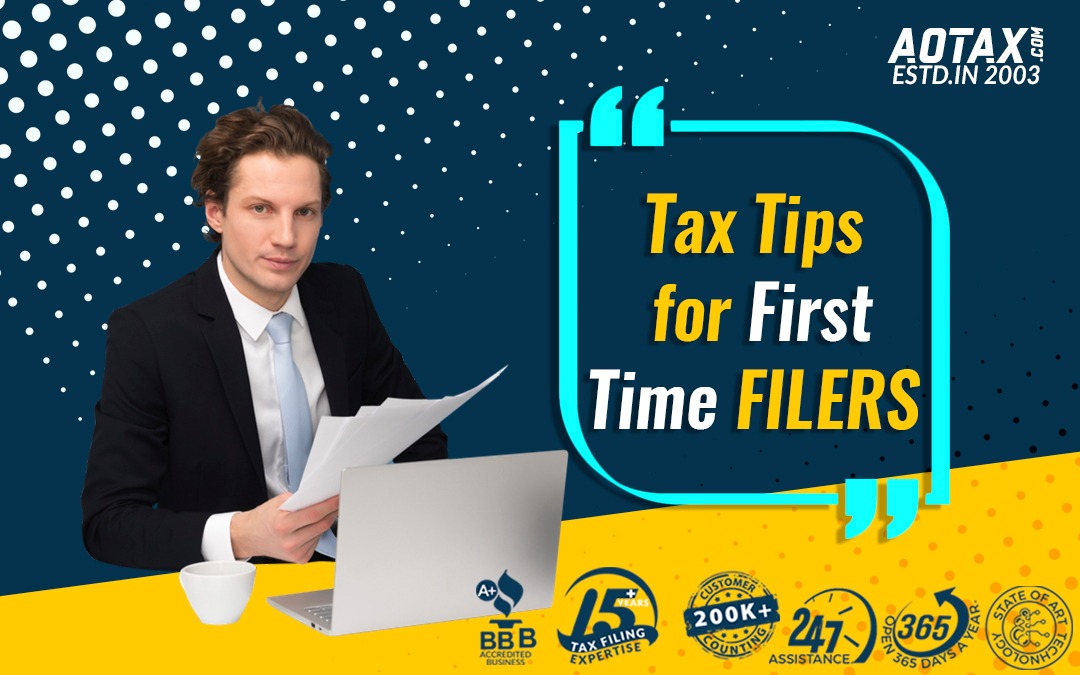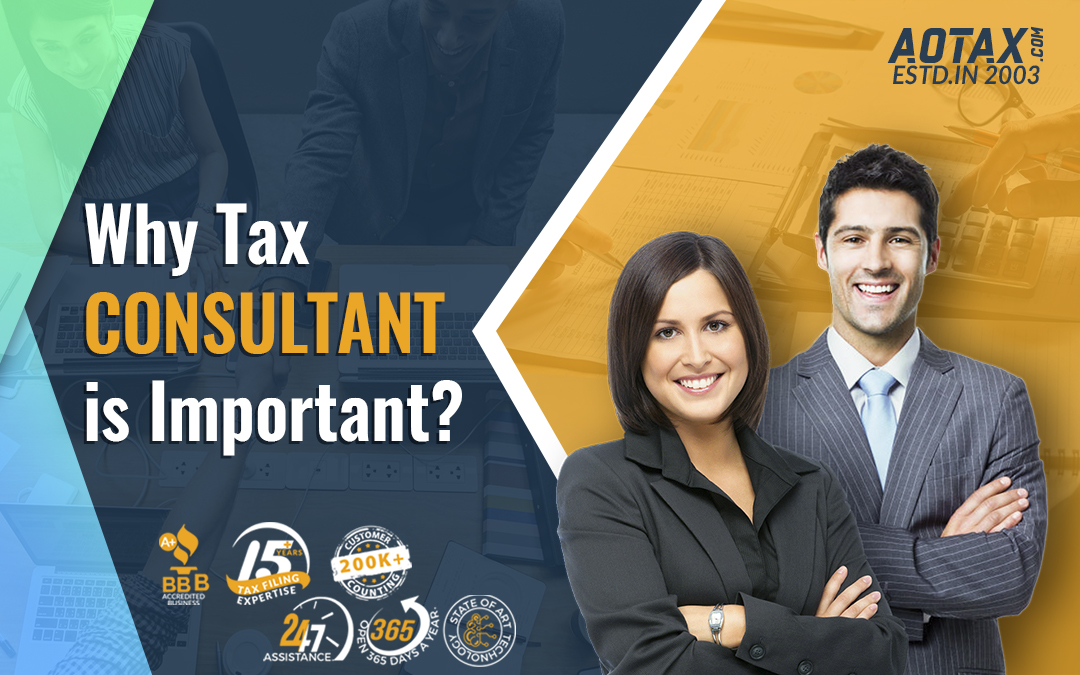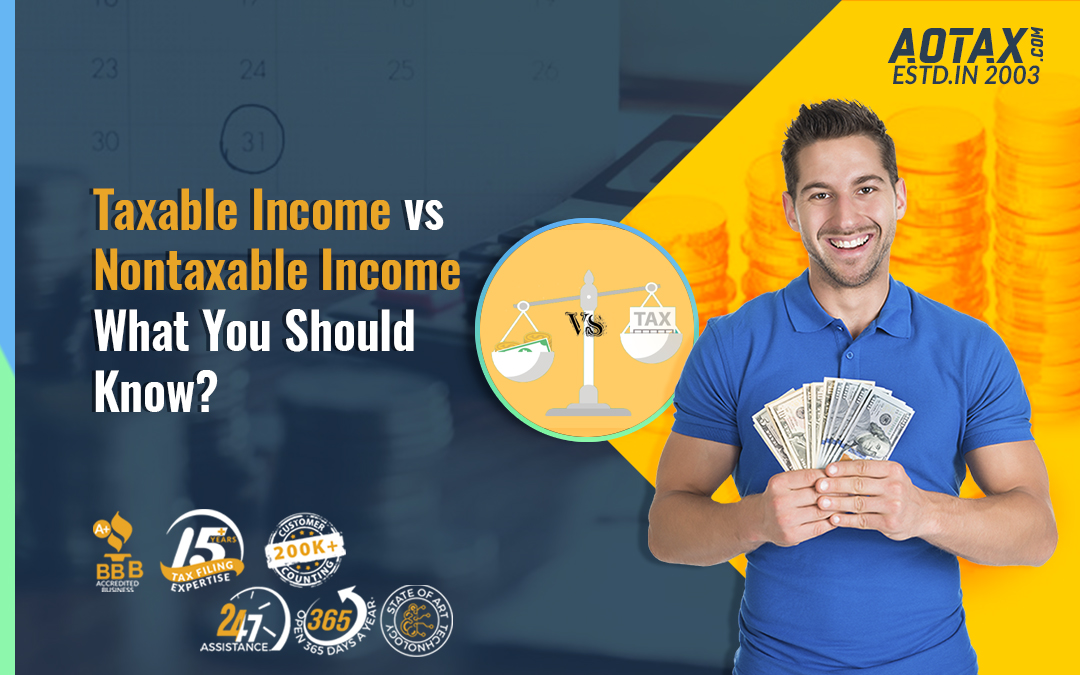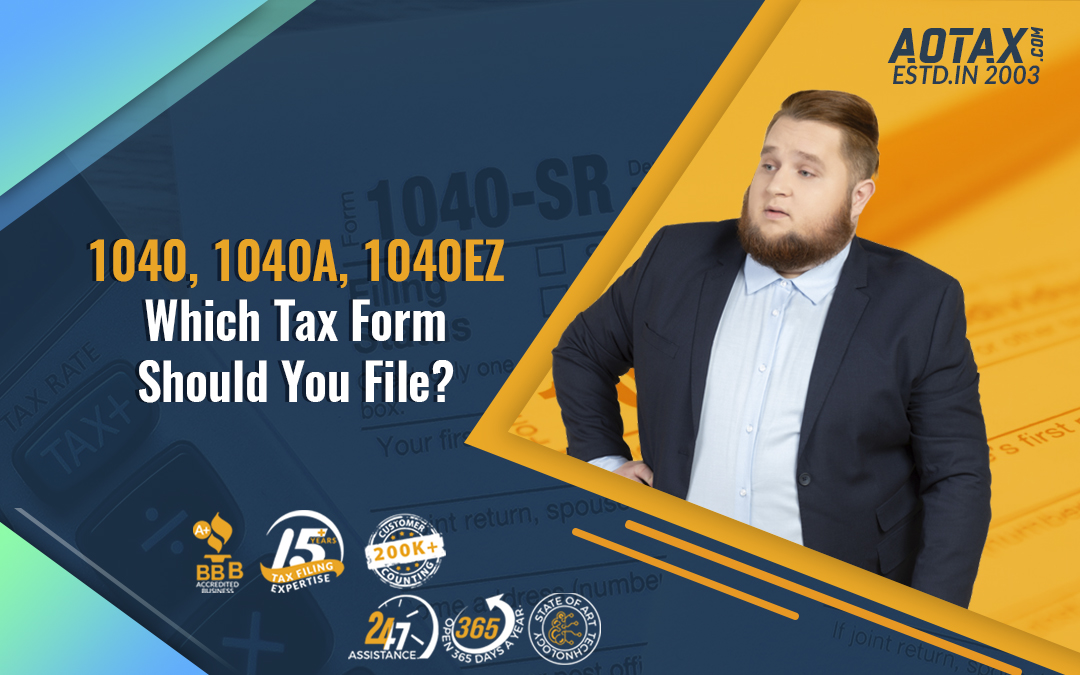
Owe Taxes? These Tips Can Help
Owe Taxes? These Tips Can Help
Owe Taxes These can help . A few of us receive an intimation letter from the IRS stating that we owe them some money in the form of taxes. Sure enough, nobody likes to receive such emails. However, if you do here are some ways you can handle the situation without losing your sleep.
Do not delay
If you receive that envelope from IRS, do not be a skeptic and not open it at all. I have seen quite a few friends who just do not wish to open the envelope. There are chances that your tax filing might have a minor error that you need to fix. Whatever the reasons could be, do not forget to open and read the letter as soon as you receive it.
jniThe letters from IRS usually tend to be long and a bit difficult for some people to understand. While calling the IRS might not be the most efficient method, it surely is the easiest workaround. Speak with them to understand the need for the letter and clarify should you have any queries regarding it.
Verify if you owe money
It is of utmost importance that you keep your nerves calm and read through the letter properly. It will help you access if you really owe the IRS some money or not. There are a few instances when the IRS goofs up the returns and sends letters to your address. For an instance, they might calculate your wages twice or Form 1099-Misc twice, which directly impact the taxes that you owe. If in doubt, you can always seek professional help to iron out things.
Taxpayers rights
You are entitled to a few rights as a tax payer such as the right to privacy, take the help of professional services to represent you and only pay the amount that you owe to the government. You can ask a CPA or an attorney to represent you. You can also take help from the Taxpayer Associate Service. You must keep in mind that most of the people involved are merely doing their jobs. Thus, being kind and gentle might help you get through the process a bit faster and with fewer worries.
Don’t pay it off immediately
This advice comes at the backdrop of your financial condition and availability of funds. You need to judiciously pay off any money that you owe to the IRS. For an instance if you have $500 with you and you owe the IRS that much, paying it off immediately puts you at other risks. Ensure that you have all the basics covered such as food and shelter before paying off the IRS.
Pay only your bills
It is not uncommon for business entities and spouses to send the bill to other individuals. If you are stuck in one such situation, do not forget to explore your options. There are chances that you might not be liable to pay the taxes at all. An example of the same would be, if your spouse was part of a deal that you are not aware of, you need not pay taxes on those.
Determine the minimum payment
It might so happen that you do not have the entire amount to pay off the dues. In such cases, check for the minimum amount that you need to pay immediately and look for options to repay the remaining ones as soon as possible. The IRS lets you repay the amount in installments as well. Thus keep your options open and not just get a mental block because you received a letter from the IRS. watch mercedes
first copy
white gold






Recent Comments